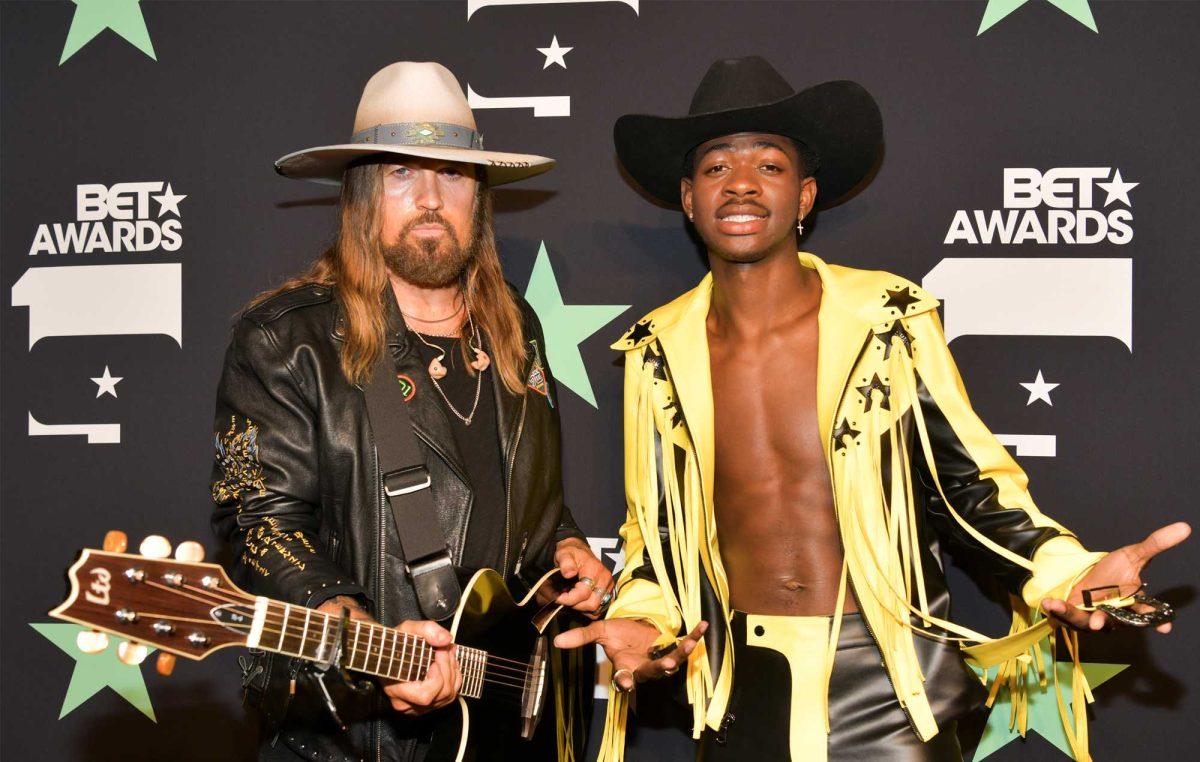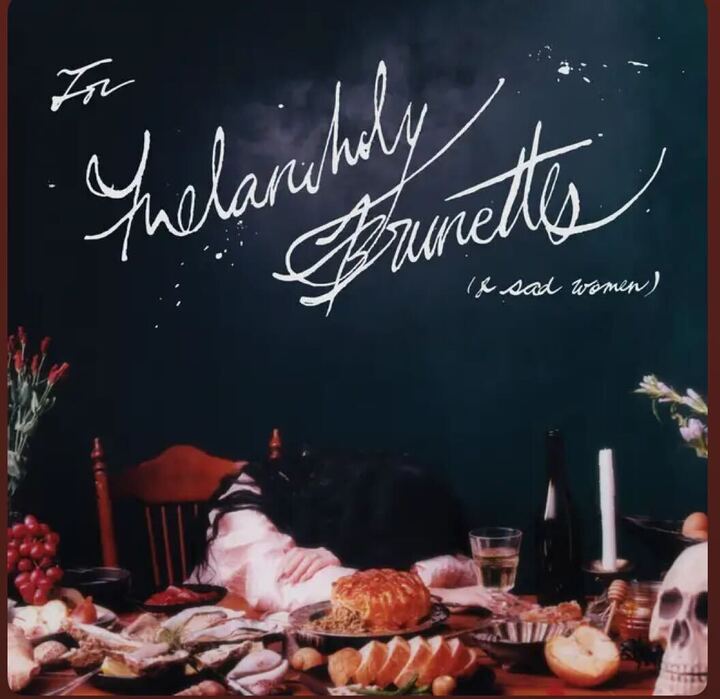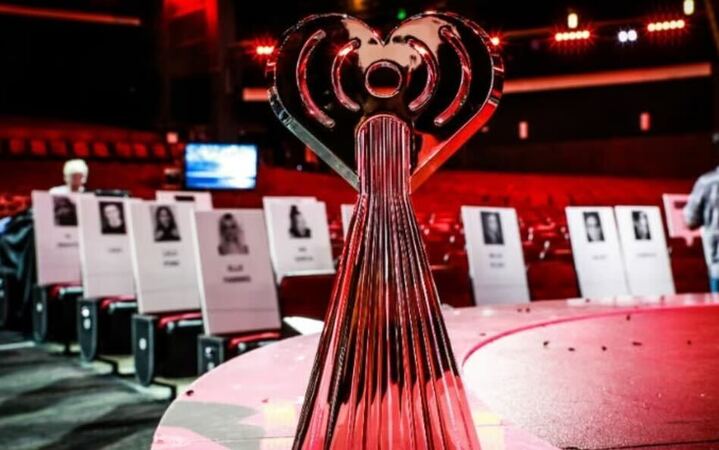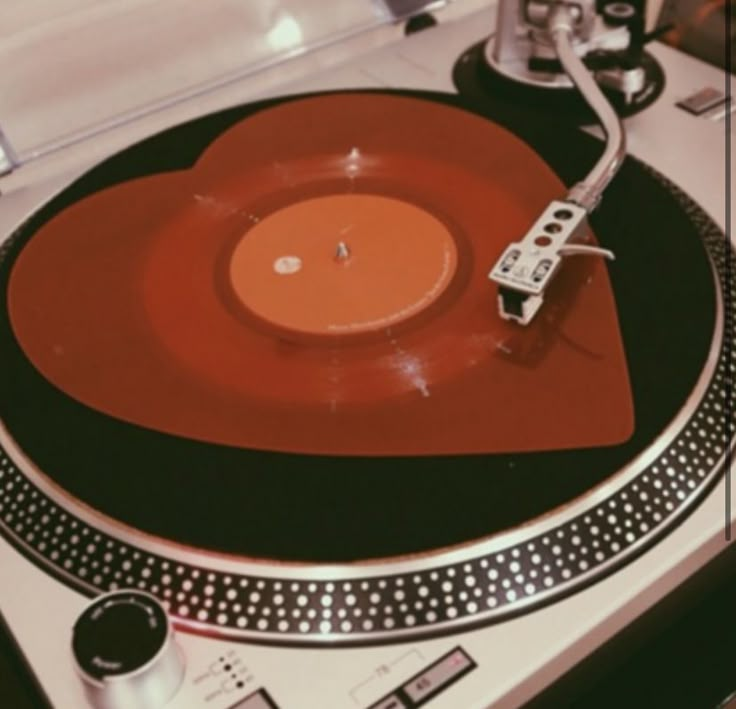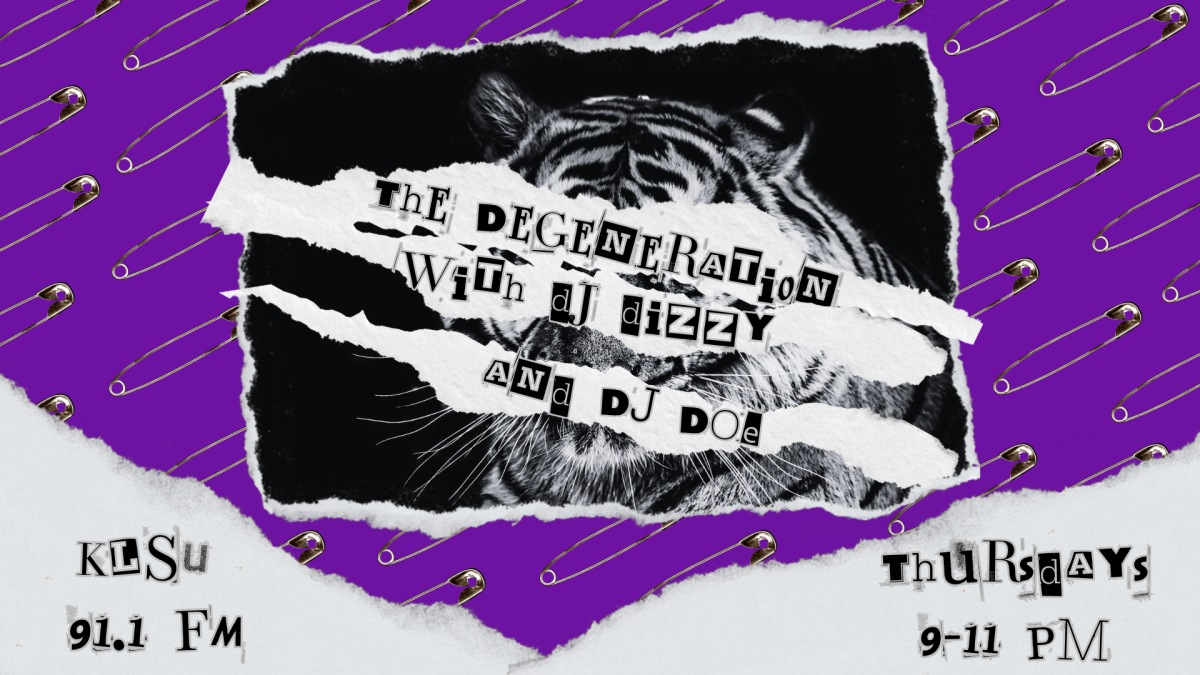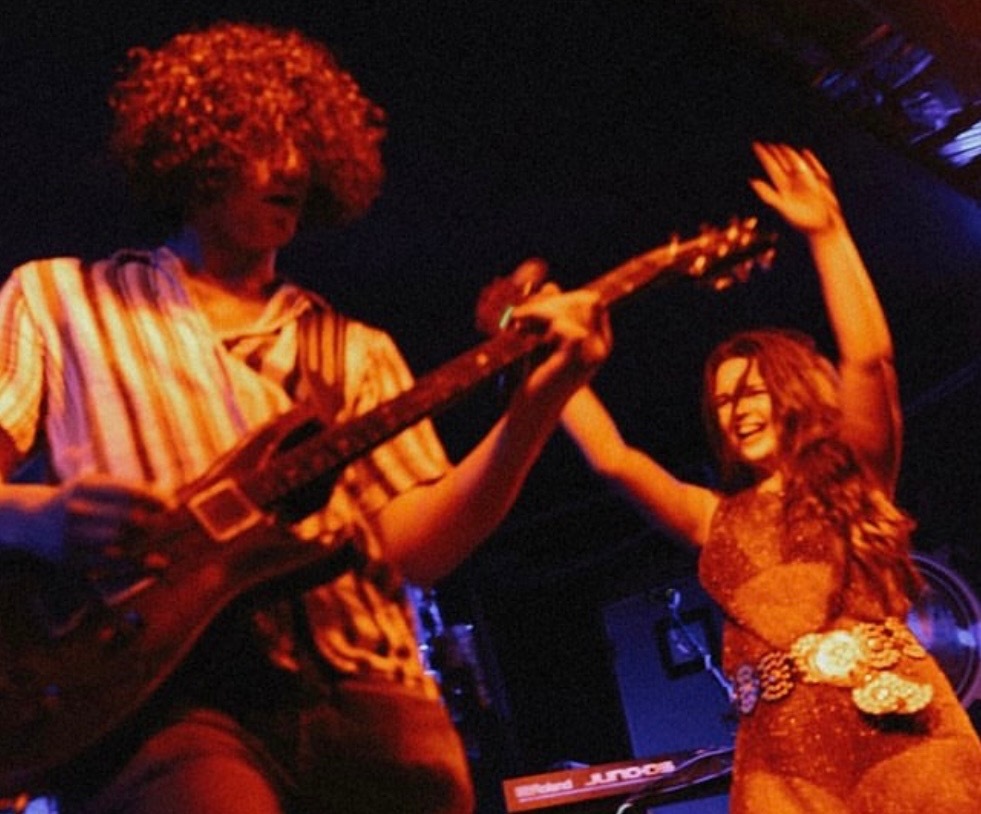In 2018, Lil Nas X released “Old Town Road,” the song that flooded social media feeds and radio stations for the next six months. At first, it caught on because of sheer novelty. The concept of “country trap” was combining two seemingly incompatible forces, but it worked.
The song slipped in to Billboard’s Hot Country Songs and Hot R&B/Hip-Hop Songs charts in March 2019, but it was quickly met with pushback. Billboard removed the song from their country chart, saying that it incorporated Western imagery but didn’t feature enough modern country elements to fit into the genre.
Billboard later decided to reconsider the song for country charts after Billy Ray Cyrus added his own verse on the remix, making a clear point that a lot of the problem was coming from the artist, not the song. A young, black musician with a hip-hop name taking over the country charts is unheard of, even if he incorporated all the elements Billboard was looking for. There’s no room to experiment.
Genres have been considered by many to be hyper restrictive and limiting to the creative process for decades, but they were the only thing that offered structure. In the age of radio, you could tune into the station you most connected with. If you were an artist, you knew what it took to get played on those stations. There was a set path to success and identity.
Now that we live in a world focused on streaming, those lines don’t matter as much. Artists have the tools to experiment with whatever they like at the time, and creativity is valued more than rigidity. Algorithms can introduce listeners to music that fits their specific taste. Instead of defining themselves by genre, people are starting to define themselves by artist.
Lil Nas X is definitely one of the most talked-about examples, but a lot of other musicians have also played with boundaries. Taylor Swift made waves with her transition from country to pop in 2014, and Miley Cyrus just released a heavily rock-inspired album after dipping her toes into just about every style out there. Paul McCartney has also done some playing around, recording with Rihanna and Kanye West on multiple occasions.
Bending genres isn’t new, but it’s more popular than ever before. Fitting into a category is no longer necessary for success, so do those categories even need to exist anymore? Many seem to agree they cause more trouble than they’re worth in the modern world of music, while organizations like Billboard and the Recording Academy grapple with rapidly changing ideas.
The Dissolve of Genres: How the Music Industry Is Breaking Down Barriers
November 27, 2020
More to Discover



